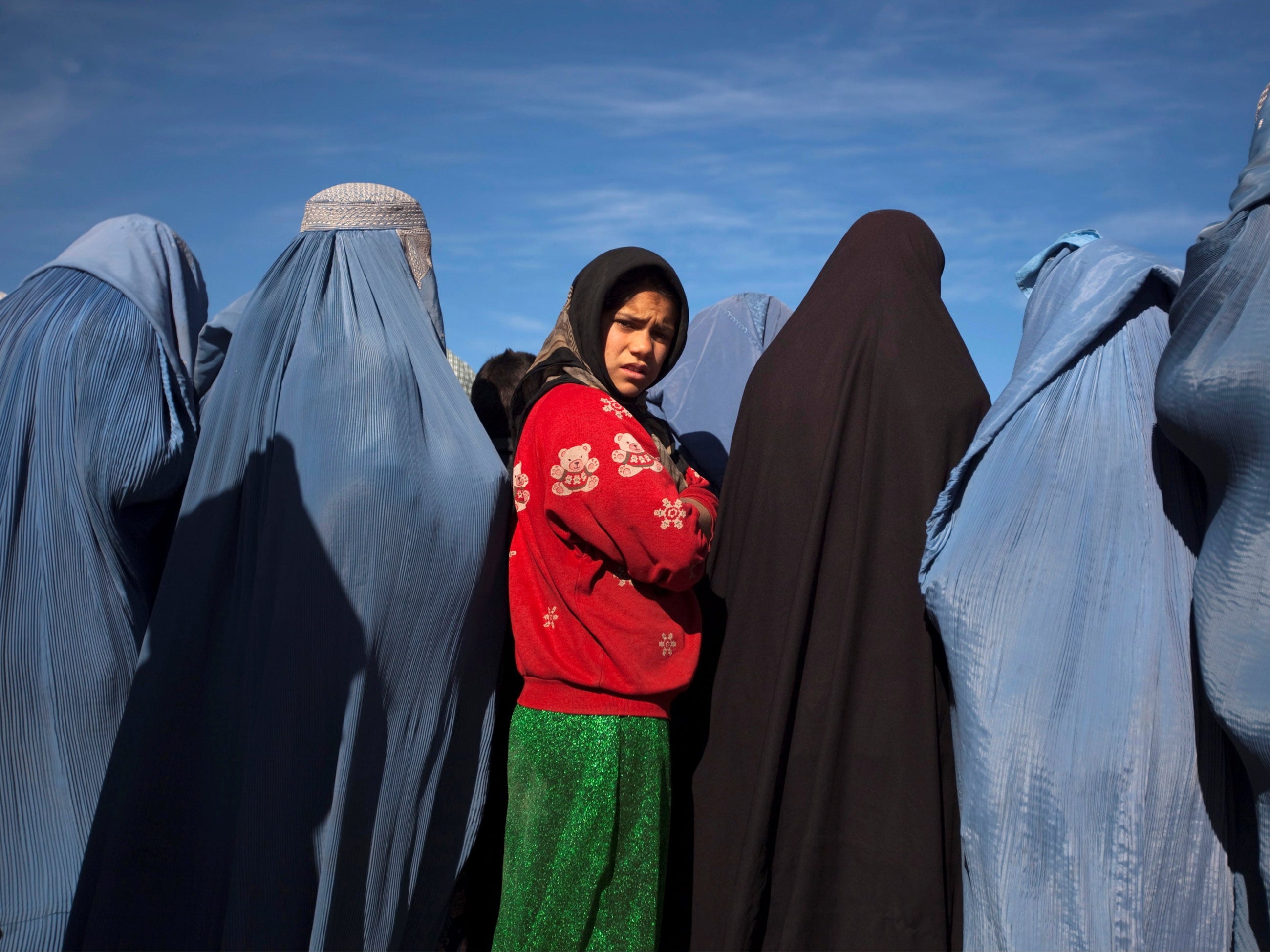We should be ashamed that at-risk Afghans have been left behind
Whatever the route, there needs to be a concerted effort to make sure people find safety, even without military presence on the ground, writes Bel Trew


Today, we should hang our heads in shame. Thousands of extremely vulnerable Afghans and dual nationals have been left behind in Afghanistan after the humiliatingly chaotic withdrawal of US troops and its allies.
Twenty years of a $2 trillion military intervention and war that killed nearly a quarter of a million Afghans ended in a hazy night vision photo of the last US soldier boarding the last US flight.
Over the last few weeks I have been in touch with some of those most in danger: fiercely courageous female Afghan journalists, politicians, human rights workers, translators and students, some from persecuted minorities or provinces, who have risked everything over the years doing the vital work of building a better future for women in one of the hardest environments to do so.
This morning, their messages were full of disbelief and despair. Everything they worked for has been eviscerated. And despite many of these women being promised safe haven (or being entitled to it at the very least), they have been left behind. One of them even told me she briefly worked for the British embassy. All her messages to the embassy have been ignored.
This should not be a moment where, because the deadline has passed and the drama of rolling news coverage will inevitably begin to wind down, we simply forget these people or our collective responsibility.
One of the biggest obstacles to getting people on those evacuation flights (many of which left half empty) was, apparently, a lack of documentation, clearance and visas. Speaking to those manning different rescue efforts, they told me this morning there is still a chance for governments to step up – they could continue to grant emergency visas, work on building new resettlement programmes, or at the very least sort out evacuation to a third country for processing.
Whatever the route, there needs to be a concerted effort to make sure people are not left behind, even without military presence on the ground. We, as citizens of the responsible countries and as citizens of the world, can play our part by pressuring our governments to keep trying, before it is too late.
Yours,
Bel Trew
Middle East correspondent
Join our commenting forum
Join thought-provoking conversations, follow other Independent readers and see their replies
Comments
Bookmark popover
Removed from bookmarks